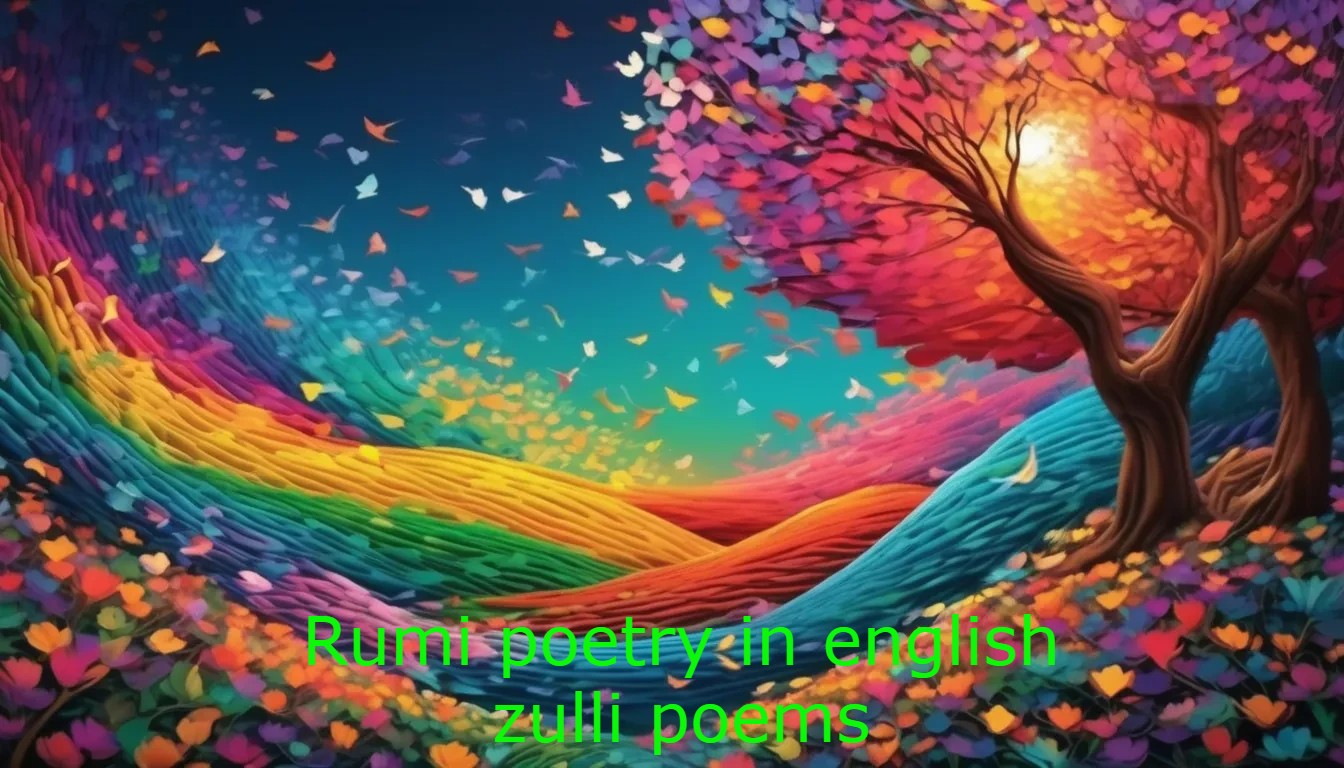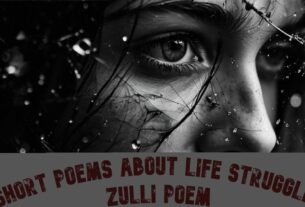In a world often marked by division and chaos, the words of Rumi, a 13th-century Persian poet, stand as a beacon of unity and understanding. His poetry, steeped in themes of love, spirituality, and the human condition, continues to inspire and connect people across cultures. Fluent in Persian, Rumi’s words have reached global audiences through translations, sparking a universal appreciation for his mystical insights. Whether you’re a poetry enthusiast or new to his work, Rumi’s poems offer an inviting window into the soul’s journey.
Who Was Rumi?

Rumi, born Jalaluddin Muhammad Rumi in 1207, hails from what is now part of Afghanistan. He later moved to Turkey, where he became a revered theologian and poet. Known for his profound spiritual insights, Rumi’s poetry delves into the mysteries of human experience and divine connection. His life and work continue to influence scholars, poets, and mystics worldwide.
Rumi’s Life and Influences
Rumi’s journey was both physical and spiritual. Educated in the Islamic sciences, he ventured into the realms of philosophy and mysticism, guided by his mentor, Shams of Tabriz. This meeting ignited a transformation in Rumi, infusing his poetry with themes of spiritual awakening and divine love. This period marked a shift from the scholarly to the mystical.
The Sufi Connection
Sufism, the mystical branch of Islam, heavily influenced Rumi’s writings. It emphasizes an intimate relationship with the divine, transcending physical confines. Rumi’s poems are rich tapestries woven with Sufi ideals, celebrating love as the path to spiritual enlightenment. His verses often portray the soul’s longing to reunite with the divine, offering readers a glimpse into spiritual ecstasy.
Themes in Rumi’s Poetry
Rumi’s work explores universal themes that resonate deeply with readers. Let’s navigate through these compelling motifs and the raw beauty encapsulated in his verses.
Love and Devotion
In Rumi’s poetry, love isn’t just an emotion; it’s a force that transforms and uplifts. His famous poem “The Most Alive Moment” captures this essence, depicting love as the ultimate catalyst for personal and spiritual growth. Love, for Rumi, wasn’t bound by earthly constraints but reached into the divine, blending the mundane with the spiritual.
The Quest for Spiritual Truth
Rumi sees life as a continuous quest for spiritual truth, a journey filled with struggle, growth, and longing. His poem “A Great Wagon” illustrates how the path to enlightenment calls for surrender and faith. With rich metaphors, Rumi guides readers toward self-discovery and inner peace.
Unity and Interconnectedness
Rumi’s poetry often echoes the sentiment of unity, stressing the interconnectedness of all beings. His poem “The Field” articulates a world beyond right and wrong, where spirits meet in harmony. Through vivid imagery, Rumi invites us to recognize the intrinsic ties that bind us, promoting empathy and understanding.
Explore Mewlana Jalaluddin Rumi to experience more of these profound themes in Rumi’s poetry.
Rumi’s Poetry in English Translation
Translating Rumi’s work into English poses unique challenges, yet it also unveils new dimensions of beauty. His mystical language requires careful handling to maintain the depth and nuance of the original texts.
Famous English Translations
Renowned translators such as Coleman Barks have played a pivotal role in bringing Rumi’s magic to English-speaking audiences. Their interpretations emphasize the lyrical and mystical qualities of his work, enabling a diverse audience to connect with Rumi’s insights on an emotional level.
You can find some of Rumi’s translated works on [any additional relevant source].
The Poetic Style of Rumi
What makes Rumi’s poetry stand out? It’s his masterful use of metaphor, imagery, and symbolism. Each line is a dance between the seen and unseen, a reflection of his desire to convey the unspeakable mysteries of existence. His style transcends time, speaking to the deepest parts of the human soul.
Impact of Rumi’s Poetry Today
Rumi’s wisdom echoes through contemporary culture, manifesting in various art forms and dialogues on love and spirituality. His work transcends its era, finding relevance in today’s fast-paced lifestyle.
Cultural Relevance
Rumi’s poetry strikes a chord in today’s society, addressing the universal search for meaning and connection. His insights into love and acceptance resonate with modern readers, inspiring literature, spiritual practices, and even social media platforms.
Rumi in Popular Culture
Rumi’s quotes and poems permeate modern music, films, and visual arts. Artists across disciplines draw inspiration from his words, weaving them into creations that transcend cultural boundaries. His presence in popular culture underscores an enduring legacy, forging connections across generations.
Conclusion
Rumi’s enduring verses continue to inspire, offering timeless wisdom on love, spirituality, and the human experience. His words carve pathways to the heart, inviting readers to explore the vast landscapes of the soul. Whether in ancient Persia or the modern-day world, Rumi’s poetry resonates, uplifting spirits and bridging divides, one line at a time.





2 thoughts on “The Resonating Verses of Rumi: Poetry in English”